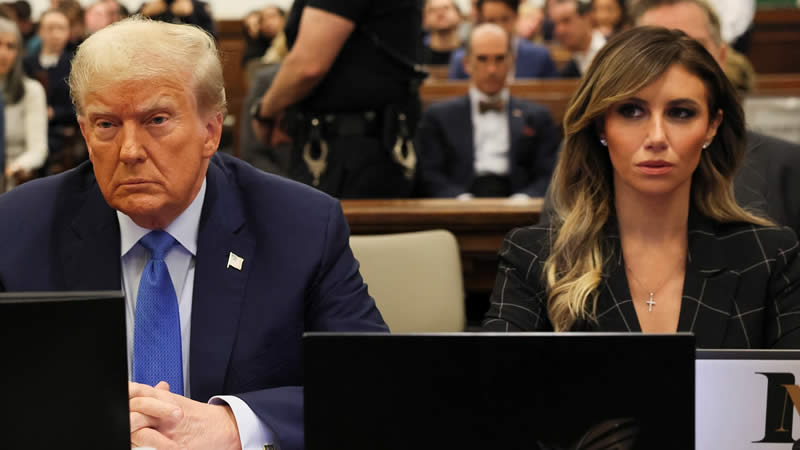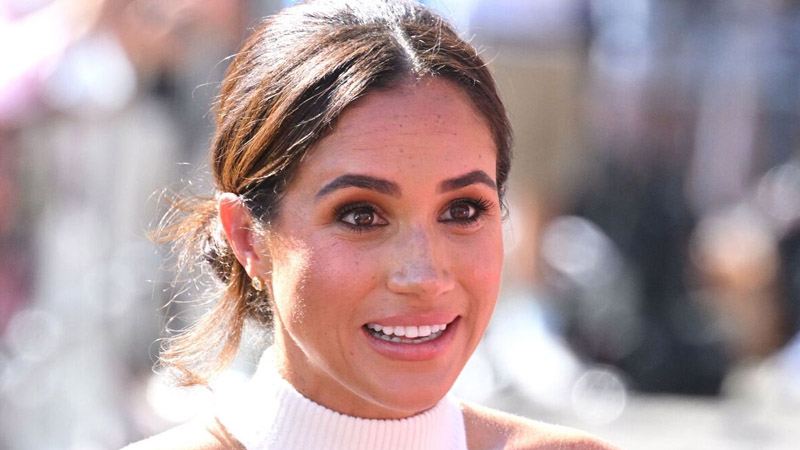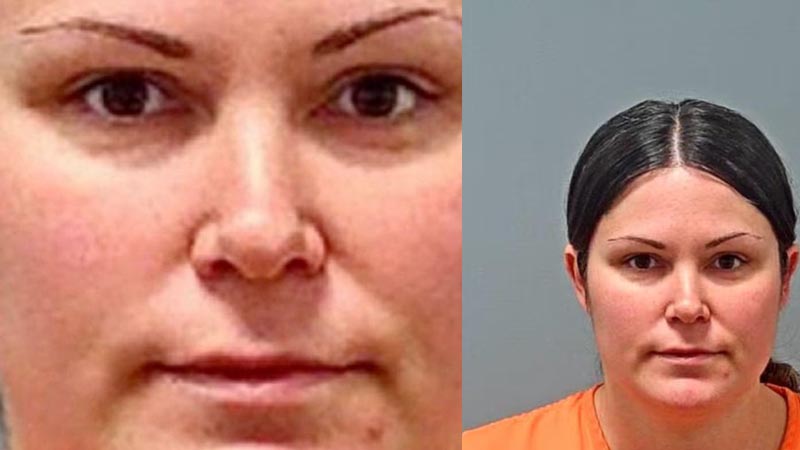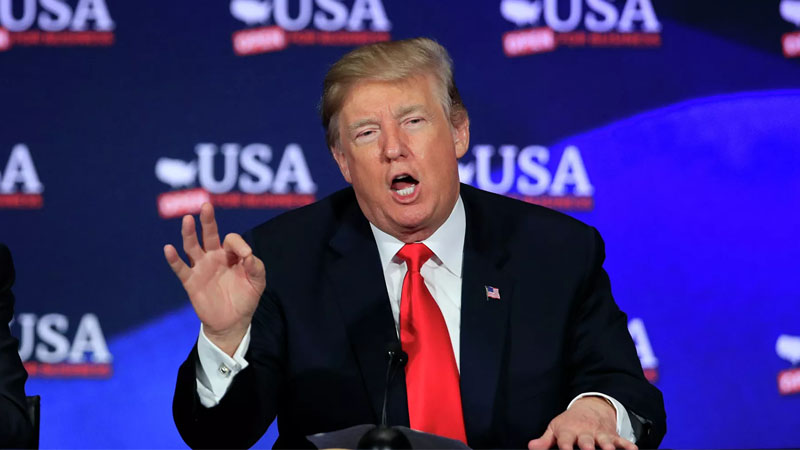Trump Lawyer Alina Habba Expresses Doubts Over Fairness in New York Criminal Case

Photo Credit: ABC News
Alina Habba, legal counsel for former President Donald Trump, recently voiced significant concerns about the fairness and potential outcome of Trump’s ongoing criminal case in New York during an interview on Newsmax’s “Greg Kelly Reports.” The case, which alleges falsification of business records tied to hush money payments made before the 2016 election aimed at concealing extramarital affairs, has drawn widespread media attention and legal scrutiny.
In her conversation with host Greg Kelly, Habba expressed a strong skepticism towards the proceedings, suggesting that the legal environment may not be conducive to an impartial outcome. “I don’t have hopes really that high at this moment that the New York courts will do the right thing, that the jury will do the right thing,” she stated, highlighting the political landscape of the state as a complicating factor in achieving judicial fairness, As per Mediaite.
Habba pointed out the age of the case and the timing of its revival, noting that the charges were resuscitated after Trump announced his intention to run for office again, which she finds particularly troubling. Habba also referenced the involvement of David Pecker, the former publisher of the National Enquirer, in the trial. Pecker’s testimony about the ‘catch and kill’ strategy employed to suppress negative stories about Trump underscores the complexities and high-profile nature of the case.
Moreover, Habba criticized the gag order imposed by Judge Juan Merchan, which limits what Trump and his legal team can publicly share about the trial proceedings, viewing it as a further constraint on their defense strategy. In further comments reported by Newsweek, Habba detailed her personal experiences in court, describing a hostile environment fostered by both the judiciary and the media.
“I have never been treated the way I’m treated when I walk into court and I say I represent President Trump,” she revealed. According to Habba, this treatment includes efforts by some judges to belittle and ridicule Trump’s legal representatives, actions she believes are deliberate and designed to influence public perception.
Habba’s narrative conveys a legal battle that extends beyond the courtroom, touching on issues of media influence, political bias, and the challenges faced by legal professionals in highly charged political cases. Her depiction of the treatment faced by Trump’s legal team highlights the broader tactics that, in her view, are employed to undermine their credibility and effectiveness.
The implications of these developments are profound, not only for Trump and his legal team but also for the wider legal and political discourse. Habba’s candid remarks shed light on the immense pressures and the polarized atmosphere surrounding high-profile legal proceedings in the United States, suggesting that the battle is as much about public relations and political survival as it is about legal arguments and judicial decisions.


